Our Notaries Public office are often ask questions such as:
- “What a Notary Public, Public Notary and Notary is?” and
- “where do these legal Notary professionals get their authority from?”
Set out below is a breif guide for our Notaries clients.
The early Roman officials generally known as scribae were public officials, originally copiers and transcribers. This is considered by most as the first step towards modern day London Notaries. Notwithstanding the later evolution of Notary Publics into a legal profession, the primary function of Scribae was to record public proceedings and register decrees.The later Roman notaries prepared and issued instrumenta publice confecta, formal documents drawn up by the Notary Public which were then signed by the parties and witnesses. This is very similar to the Notary Public services offers by notaries practices in London today.
This connection of the early notaries with the administration of justice as registrars is an indication of the fundamental function of the Notary Public to record proceedings events, and also forms the pattern for the modern Ecclesiastical Notary. The appointment of notaries later passed from the roman authority to that of the Franks, and to that of the Popes as power was redistributed in the years following the fall of the Roman Empire, and the Decretal of Pope Alexander III issued in the late twelfth century defines the distinction between public and private notarial acts which remains in place today.
The assumption at the Reformation by Henry VIII of the authority to appoint notaries, which had until then been vested in the Papal legates in England, and its subsequent devolution by the Ecclesiastical Licences Act 1533 from the King to the Archbishop of Canterbury marked the moment at which the history of the English notary became apart from the history of the civil law notaries. The authority remains the foundation of the Jurisdiction of the Archbishop’s Court of Faculties.
The sequence of modern legislation runs from The Public Notaries Act 1801 down to the Courts and Legal Services Act 1990 and the Access to Justice Act 1999. These, taken with the subordinate legislation contained in the Rules made by the Master of the Faculties, provide the modern statutory basis for the authority and functions of all notaries in England and Wales.

0 Comments